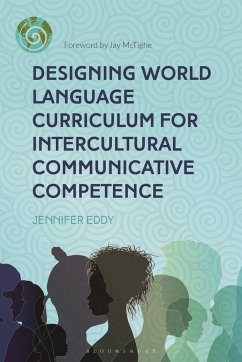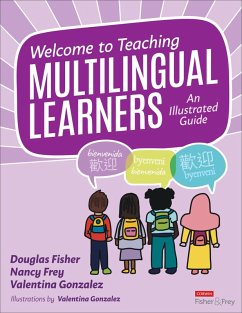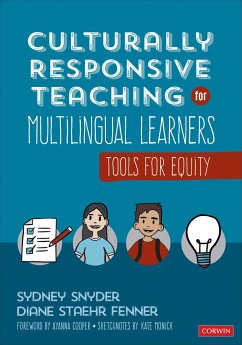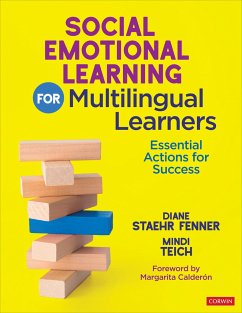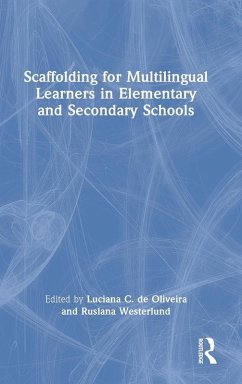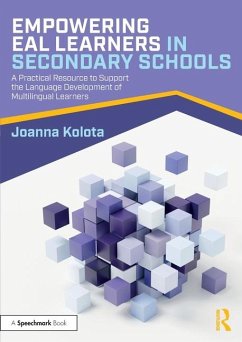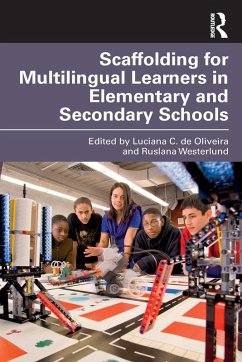
Transforming Schools for Multilingual Learners
A Comprehensive Guide for Educators
Versandkostenfrei!
Versandfertig in 2-4 Wochen
45,99 €
inkl. MwSt.

PAYBACK Punkte
23 °P sammeln!
Essential principles, practices, and structures for multilingual learners Much has changed in the ten years since this book was first published. A celebrated triumph, it provided state, district, school, and teacher leaders with a comprehensive guide to support multilingual learners to reach their full potential. From selecting the appropriate program model to partnering with families and infusing federal and state laws governing the education of multilingual learners and the rights of their families into all we do, the key messages that made the first edition of this book a renowned success h...
Essential principles, practices, and structures for multilingual learners Much has changed in the ten years since this book was first published. A celebrated triumph, it provided state, district, school, and teacher leaders with a comprehensive guide to support multilingual learners to reach their full potential. From selecting the appropriate program model to partnering with families and infusing federal and state laws governing the education of multilingual learners and the rights of their families into all we do, the key messages that made the first edition of this book a renowned success have been re-examined in the second edition with a robust lens to meet these demanding times. This second edition supports educators to design and enact policies, practices, and structures for multilingual learners (MLs) to feel a sense of safety, belonging, value, and competence. Topics explored in the book include: * a discussion of the changes to federal and state policies and their impact on MLs and their families * strategies to move from a deficit- to an asset-based approach that values multilingualism * nine principles to design and deliver high-quality lessons in multiple languages and across disciplines * practices to identify and support MLs with learning differences and disabilitiessteps for building long-lasting family-school partnerships Reflecting changing trends in leadership, this new edition supports superintendents, principals, curriculum supervisors, coaches, mentors, teachers, and other stakeholders in their collaborative efforts to create and sustain successful language assistance programs.



